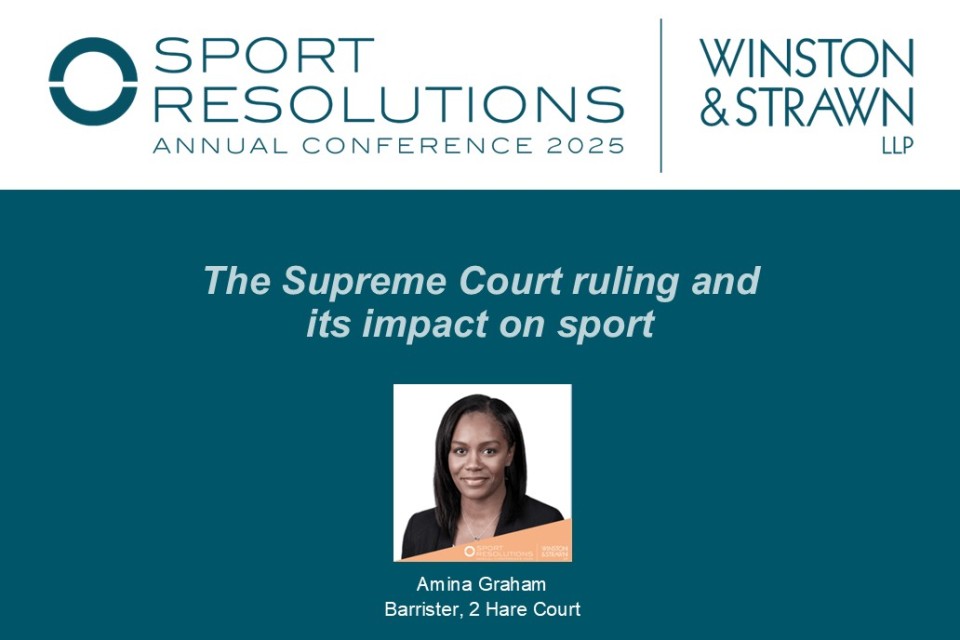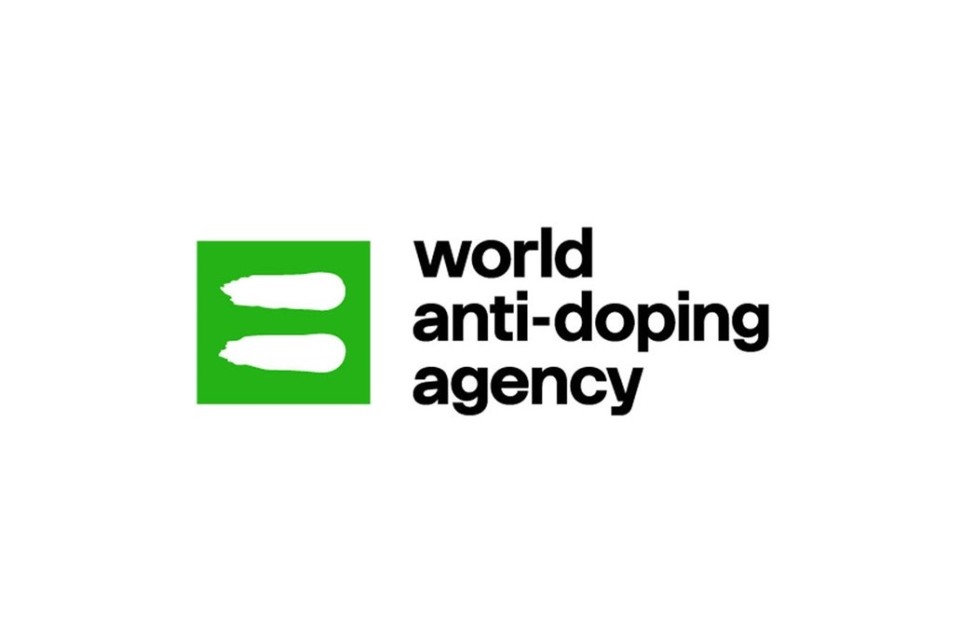Tue, August 20, 2024
International Tennis Integrity Agency v Jannik Sinner

A decision in the case of International Tennis Integrity Agency (ITIA) against Jannik Sinner has been issued by the Independent Panel.
On 10 March 2024, at the BNP Paribas Open in Indian Wells, California, USA, an In-Competition urine Sample was collected from Mr Sinner, a 23-year-old Italian professional tennis player, who is presently the number 1 ranked men’s singles player on the ATP Tour.
On 4 April 2024, the ITIA notified Mr Sinner that Clostebol metabolites were found to be present in the Sample. Clostebol is an anabolic androgenic steroid and is prohibited at all times under Section S1 of the World Anti-Doping Agency Prohibited List. As such, a mandatory Provisional Suspension was imposed with immediate effect.
Further on 4 April 2024, Mr Sinner filed an urgent application for the lifting of the Provisional Suspension. Mr Mark Hovell was appointed as the Independent Chair to determine this application. The Independent Chair decided that, on the balance of probabilities, he was comfortably satisfied by the uncontested evidence presented by Mr Sinner, the statement of the laboratory, and the written submissions of both Mr Sinner and the ITIA that the Provisional Suspension should be lifted. Mr Sinner was therefore granted permission to continue competing at ATP Tour events, Grand Slam competitions, the Paris 2024 Olympics, and any other events.
On 18 March 2024, an Out-of-Competition urine Sample was collected from Mr Sinner.
On 17 April 2024, the ITIA notified Mr Sinner that Clostebol metabolites were also found to be present in this Sample. Again, a mandatory Provisional Suspension was imposed with immediate effect.
Further on 17 April 2024, Mr Sinner filed an urgent application for the lifting of the Provisional Suspension and the Independent Chair, Mr Mark Hovell, determined this application. Having reviewed all of the new and existing documentation filed by the ITIA and Mr Sinner, the Independent Chair decided that he was comfortably satisfied that any period of Ineligibility that might otherwise be imposed on Mr Sinner for the Anti-Doping Rule Violations (ADRVs) asserted would likely be completely eliminated. Therefore, the Provisional Suspension was lifted and Mr Sinner was therefore permitted to continue competing.
On 30 May 2024, the ITIA issued Mr Sinner with a Notice of Charge for committing ADRVs for the presence and Use of a Prohibited Substance on the basis that Clostebol metabolites were found to be present in the two Samples, dated 10 and 18 March 2024. Mr Sinner accepted that he had committed the ADRVs but insisted that he bore No Fault or Negligence in violating the anti-doping rules.
On 15 August 2024, a hearing took place before the Independent Tribunal. Dr David Sharpe KC (Chair), Ms Tamara Gaw, and Mr Benoit Girardin were appointed to hear this matter.
Whilst not disputing that Clostebol metabolites were found in his Samples, Mr Sinner argued that there had been no intention to commit the ADRVs. He maintained that the origin of Clostebol was a spray that his fitness coach offered to his physiotherapist to treat a cut sustained to the physiotherapist’s little finger, on his left hand. The Prohibited Substance was then inadvertently transferred to Mr Sinner when the physiotherapist gave him full-body massages and applied bandages to his feet. Mr Sinner maintained that he was unaware that any member of his team was in the possession of such a spray, that his physiotherapist was using the spray to treat his finger, and thus that there was any anti-doping risk from the treatment he received from his physiotherapist.
Mr Sinner therefore requested that the period of Ineligibility to be imposed on him as a consequence of the ADRVs should be reduced or eliminated entirely, on the basis that the violation involved either No Fault or Negligence or No Significant Fault or Negligence under Articles 10.5 and 10.6 of the 2024 Tennis Anti-Doping Programme (TADP), respectively.
Three independent and well-renowned scientific experts, two of whom were unaware that they were being consulted on a matter involving Mr Sinner, confirmed that inadvertent contamination from the treatment received by Mr Sinner, in the period between 5 and 13 March 2024, in the manner described could explain the presence of Clostebol metabolites. The experts also confirmed that the small amounts likely to have been administered would not have had any relevant doping, or performance enhancing, effect upon Mr Sinner.
The ITIA also conducted an extensive investigation, including ten interviews with Mr Sinner’s team, and found no indication that would have supported any other plausible explanation.
Based on this evidence, it was accepted by the ITIA and the Independent Tribunal that Mr Sinner had established the origin and how he had come into contact with the Prohibited Substance.
In assessing Mr Sinner’s Fault or Negligence, the Independent Tribunal took into account Mr Sinner’s awareness and conduct in exercising utmost caution to avoid doping, his engagement of an appropriately experienced and qualified team, his cautious approach towards verifying any new medication or product with his qualified team members, as well as the actions of Mr Sinner’s fitness coach, physiotherapist, and other members of his team. Moreover, it was accepted by the Independent Tribunal as fact that Mr Sinner had asked his physiotherapist whether he had been using anything to treat the cut, when he saw the bandaged finger, which was denied by the physiotherapist as this was true at the time.
The Independent Tribunal found that Mr Sinner was right to assume his team to be aware of the anti-doping arrangements and that Mr Sinner was both unaware and had no reason to suspect that there was, or would be, any anti-doping risk arising from the treatment he received from the physiotherapist. The Independent Tribunal concluded that Mr Sinner had done all that is possible to avoid any contact with a Prohibited Substance.
It was also evident to the Independent Tribunal that inadvertent cross-contamination cannot be considered as “Administration”, as defined and commented on in the World Anti-Doping Code, and that this scenario forms a rare and exceptional case to which Article 10.5 can be applied. The Tribunal had therefore no hesitation concluding that Mr Sinner could avail himself of the full relief of No Fault provided within TADP Article 10.5.
On application of the TADP, the Independent Tribunal has therefore concluded that while Mr Sinner committed two ADRVs resulting from the presence of Clostebol metabolites in his Samples of 10 and 18 March 2024, Mr Sinner bore No Fault or Negligence, and therefore, any period of Ineligibility is eliminated.
However, given that the first Sample was provided In-Competition on 10 March 2024, any results, ranking points, and Prize Money obtained at the BNP Paribas Open, in Indian Wells, California, USA are disqualified.
Sport Resolutions is the independent secretariat to the International Tennis Integrity Agency’s Independent Panel.
A copy of the full decision can be accessed via the related links tab on the right-hand side.
Related Documents
- ITIA v Jannik SinnerDecision
- ITIA v Jannik SinnerDecision
- ITIA v Jannik SinnerDecision
- ITIA v Jannik SinnerDecision
- ITIA v Jannik SinnerDecision
- ITIA v Jannik SinnerDecision
- ITIA v Jannik SinnerDecision
- ITIA v Jannik SinnerDecision
- ITIA v Jannik SinnerDecision
- ITIA v Jannik SinnerDecision
- ITIA v Jannik SinnerDecision
- ITIA v Jannik SinnerDecision
- ITIA v Jannik SinnerDecision
- ITIA v Jannik SinnerDecision



